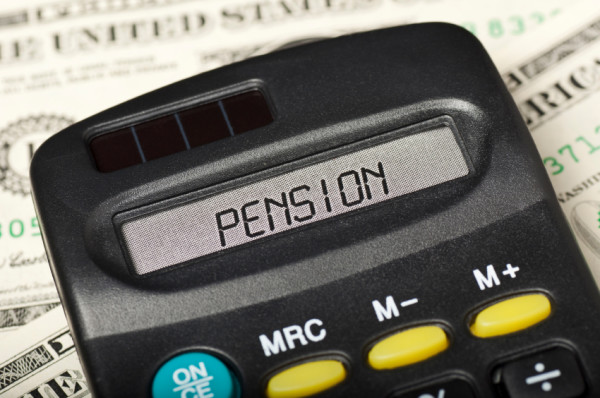

The Court of Appeal has ruled savers facing bankruptcy will not be forced to cash in their pensions to pay off outstanding debts.
The law (section 310A of the Insolvency Act 1986) allows the Official Receiver or trustee in bankruptcy to issue an income payments order that ask a bankrupt individual to agree to make regular payments from their income into the bankruptcy estate for a specific period of time (usually three years).
In June this year, it was ruled people facing bankruptcy proceedings do not have to hand over undrawn pension funds by the High Court but this ruling was then challenged.
However, on Friday (7 October) the Court of Appeal dismissed an appeal against the earlier Horton versus Henry ruling.
The Horton versus Henry case centred on whether a bankrupt individual who is subject to an income payments order can be forced to withdraw some or all of their pension rights to pay off their debt.
Horton versus Henry was originally heard in December 2014.
At that time, the judge decided there was no entitlement to undrawn funds in a pension in the event of bankruptcy, meaning they could not be caught under an IPO.
Additionally this principle applied to lump sum rights.
However a case which ran in 2012, Raithatha versus Williamson, ran counter to the Horton versus Henry ruling.
The earlier ruling stated where the High Court held that individuals with pensions that had not been crystallised could be forced to see their retirement pots taken under an IPO.
People aged 55 plus facing bankruptcy proceedings could have potentially been forced to draw their pension whether they wanted to or not, if that ruling had set a precedent.
AJ Bell pensions expert Mike Morrison says: “The pension freedoms fundamentally changed the way savers can spend their retirement pot.
“As a result, if the original ruling in Raithatha versus Williamson had set a precedent, someone aged 55 or over facing bankruptcy could also have been forced to cash in their pension savings where an income payments order was issued – whether they liked it or not.
“This would have added pension pain to financial misery, and anyone in this position should be able to breathe easier in the knowledge the UK legal system appears to acknowledge pensions should be out of the reach of a bankruptcy trustee.”
David Finan, director and chartered financial planner at Cumbria-based Jardine Finan, said: "This is excellent news. Exceptions may be where substantial pension contributions were made immediately prior to bankruptcy, in my view."



